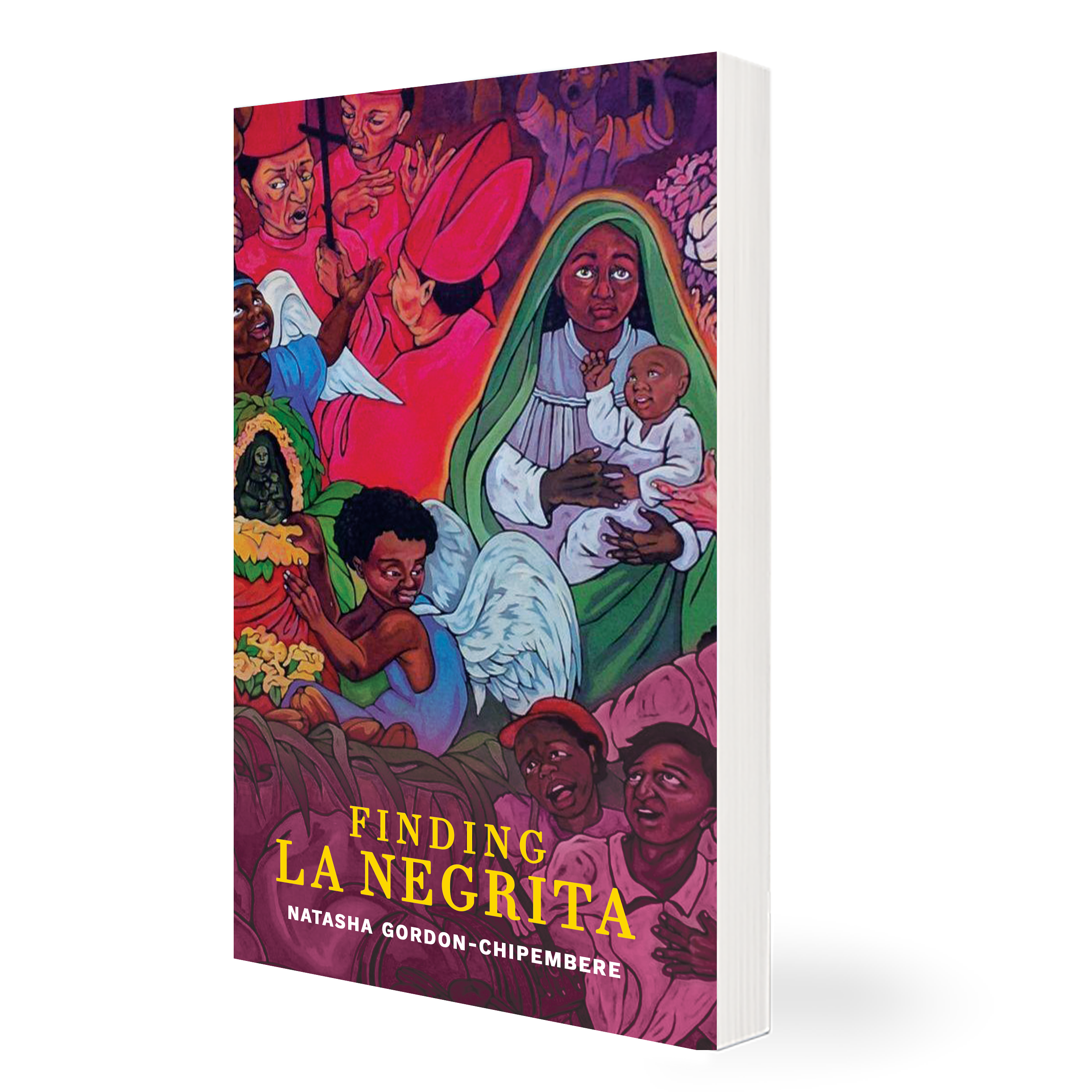Synopsis
Meet Dakarai, a famed African sculptor who must buy his freedom once he is stolen into slavery and separated from his newborn daughter, Jendayi. Her mother has died in childbirth, in the hold of a Middle Passage ship. Husband and child are left to reconcile their grief over her absence and forge a life somehow in the New World.
Finding La Negrita spans time and space as it captures Dakarai and Jendayi’s reunion, ripe with the secrets and sacrifices a single father confronts while raising a strong-minded young girl coming of age in an era with a precarious line between freedom and enslavement. In those margins, and unbeknownst to each other, they both dare to pursue dangerous new loves beyond the limits of what colonial society will permit.
But at what cost to themselves and each other? And in the midst of all this, a future holy relic is born, under circumstances that could put their freedom, if not their very lives, on the line.
Critical Acclaim
More praises
“A powerfully evocative emotional narrative . . . a journey into a community created by free and enslaved Africans and filled with joy, pain, and wisdom.”
—Dorothy E. Mosby, Professor of Spanish and Africana Studies at Mount Holyoke College
“This well-told story is a clarion call for true feminism, an inspiration for women all over the world regardless of age, race, class, ethnicity and gender identities. Evoking the sights, scents and sounds of Costa Rica, Gordon-Chipembere immerses the reader in the untold lives of the freed and enslaved Black people of Costa Rica as well as the mixed-race. Long after the last page of Finding La Negrita is closed, these vividly painted characters will resonate in the hearts and minds of readers. ”
—Elizabeth Nunez, author of Prospero’s Daughter, Bruised Hibiscus, and Now Lila Knows
In memorable, poetic prose, Natasha Gordon-Chipembere paints a nuanced portrait of 17th century Costa Rica and the delicate balance of power between free Africans, enslaved and enslavers. Centering on the fates of the members of one family, forged as much through kinship as through the forces of circumstance, the work celebrates those deemed unimportant to history and grants them new life within the annals of the novel. Reminiscent in tone and style of early works by Achebe, Dangarembga, and Conde, this is one to read, share, and read again. Not to be missed!
—Myriam J. A. Chancy, author of What Storm, What Thunder
This is a compelling conjuring of La Negrita that takes us deep into the history of enslaved people as they struggle for their loves and freedom. There is so much vision here that shines a light on unspoken stories. Gordon-Chipembere’s is a storyteller who makes connections, who unravels and puts together anew. A vibrant and much needed voice! The characters will steal your heart, leaving you empowered.
—Olúmìdé Pópóọlá, author of When We Speak of Nothing
This is extraordinary storytelling. The rich, lyrical sequences of encounters in seventeenth-century Costa Rica are remarkably modern. The community of free and enslaved Africans commune with their African heritage through language and memory, which situates their burden of enslavement in dignity. The characterizations are beautiful because of the way Gordon-Chipembere allows a rich sense of love and devotion to frame gender and inheritance in a narrative of ancestor-based resistance. The story moves quickly with a fascinating, original balance of conflict and unexpected resolutions that emerge from the author’s profound meditation on the past.
—Dr. Christel N. Temple, author of Black Cultural Mythology








